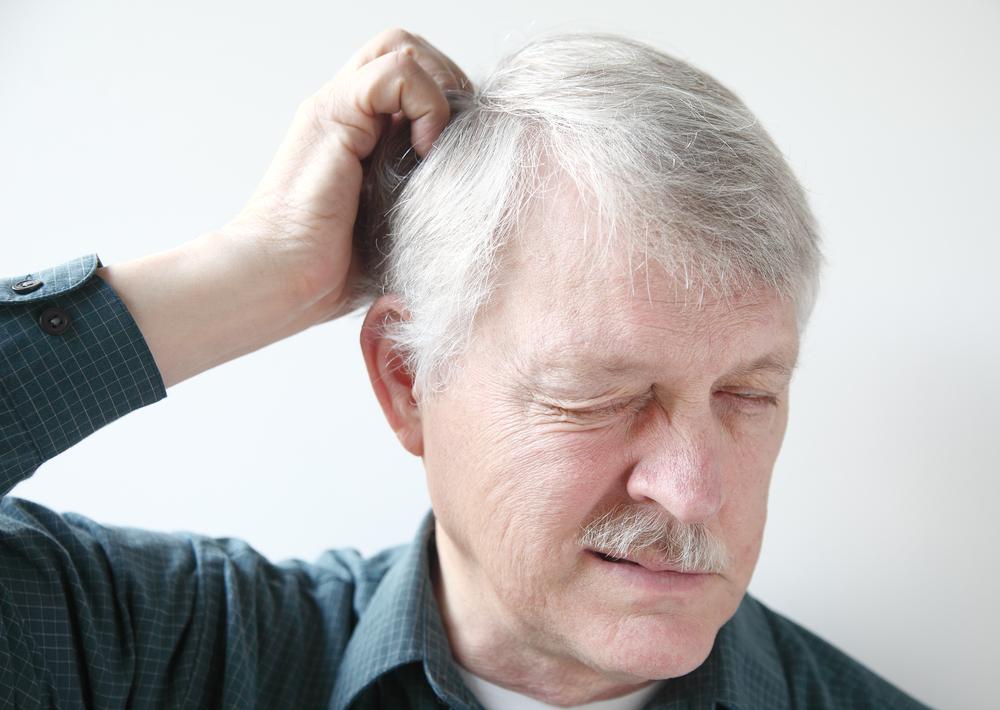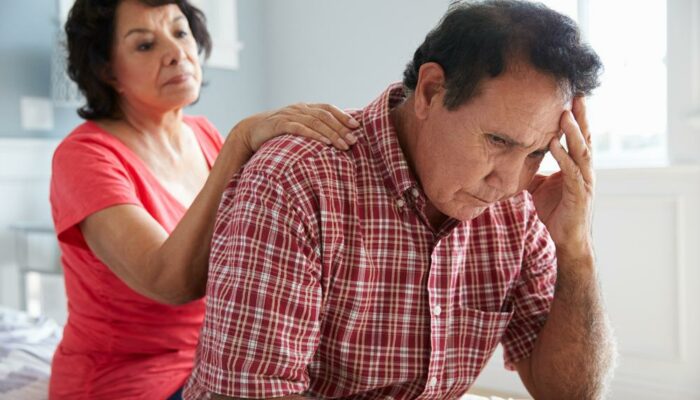
Overview – Causes of Hair Loss
Hair loss is a condition that can occur in several shapes and sizes and depends on the cause of it. While a type of hair loss may come on suddenly, sometimes it may develop gradually. Similarly, certain types of hair loss may be temporary, while others may last forever. It is observed that, on an average, we shed 50–100 hair per day, this amount may not be a noticeable one if new hair grows at the same time. This type of hair fall may not cause significant thinning; however, if the hair follicles are destroyed, you may have a reason to worry. Listed below are some of the causes of hair loss that you should know about before proceeding with the appropriate treatment.
Hereditary
One of the most common causes of hair loss may be certain hereditary conditions such as male pattern and female pattern baldness. Typically, this type of hair loss is known to occur gradually and in patterns that are predictable. Men who have a family history of hair loss usually have receding hairlines and bald spots; however, women may have noticeable hair thinning. Hereditary factors of hair loss also affect the age and rate at which one begins to lose hair. The extent of baldness also depends on the family history. For many men, baldness may begin as early as puberty.
Hormonal changes
Imbalances in the hormones or apparent changes in the hormone levels may lead to hair loss and thinning. This could be due to several reasons including pregnancy, onset of menopause, or childbirth. Similarly, hormonal changes may be a result of thyroid problems that could cause hair loss. Other factors that could lead to hair loss may include a compromised immune system, scalp infections, skin disorder, etc.
Medications and therapies
Certain drugs like the ones used for depression, heart problems, birth control, blood pressure, and arthritis may cause side effects such as excessive thinning and hair loss. Many experts reveal that too much of vitamin A may also lead to hair loss. Similarly, radiation therapy too may lead to temporary or permanent hair loss.
Trigger events
Hair loss may also be a result of an emotional or physical traumatic experience. Some of the trigger events that may cause excessive hair loss may include sudden weight loss, death in the family, surgery, high fever, or an underlying illness. Additionally, people with the hair pulling disorder (Trichotillomania) may end up losing hair.
Hair treatments and hair styling
Frequent harsh hair styling treatments and use of harmful chemicals may damage the hair and lead to excessive hair loss. Tight hairstyles such as cornrows and pigtails may cause traction alopecia that can cause some hair damage. Similarly, hot oil treatments may lead to inflammation of hair follicles and result in scarring and even permanent hair loss.
Poor nutrition
Apart from excessive shampooing, hair loss may be a result of deficiencies of essential vitamins and minerals. A diet that lacks iron, protein, and vitamins may cause excessive hair thinning and eventual hair loss. A well balanced nutritious diet can, however, keep the risk of hair loss at bay.




